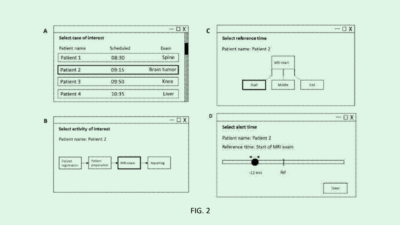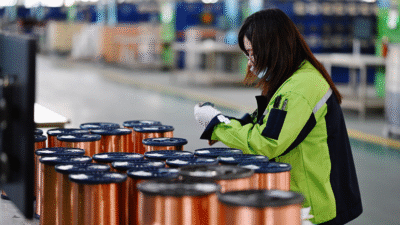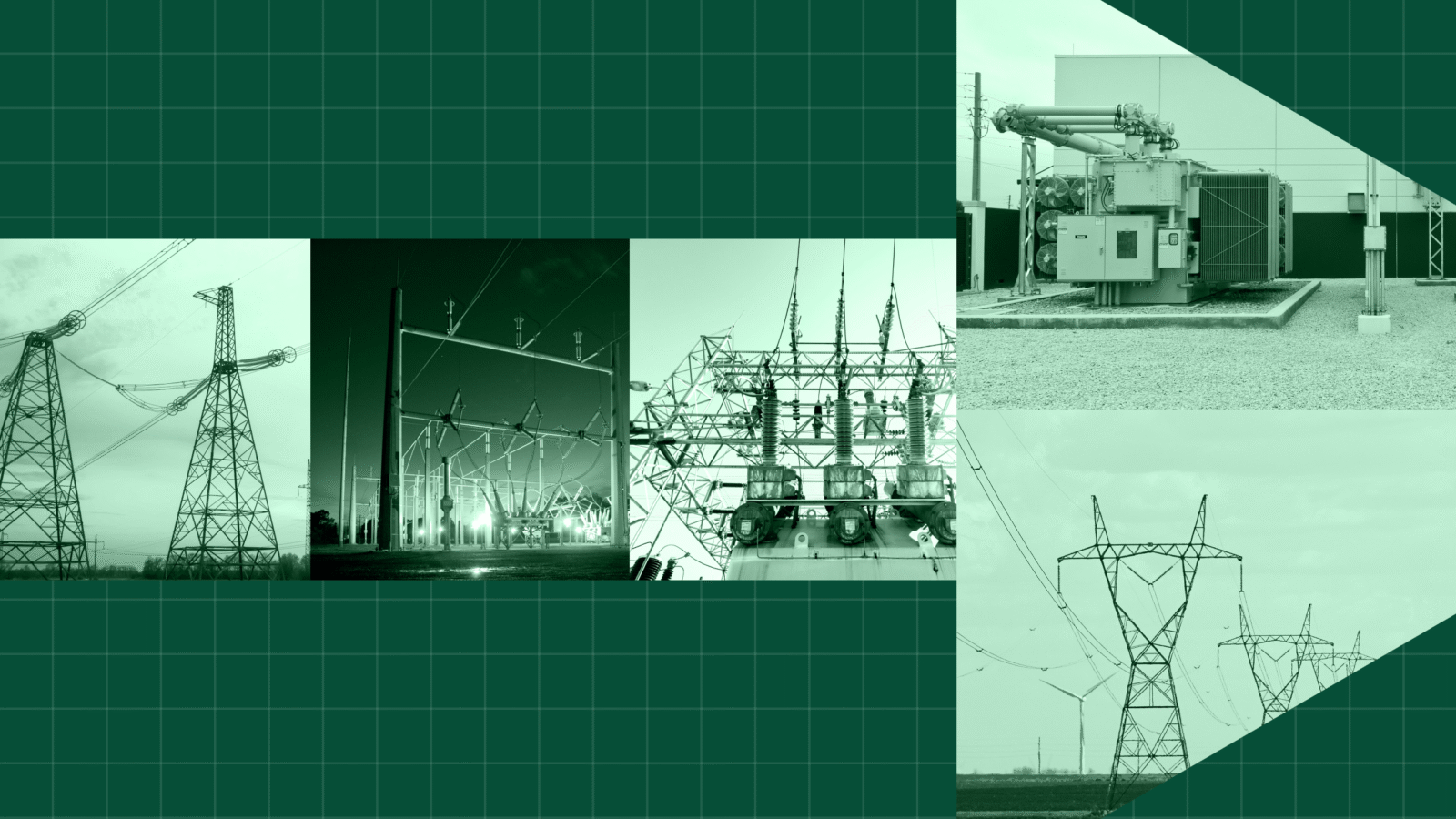
Sign up for smart news, insights, and analysis on the biggest financial stories of the day.
Perhaps not since the 19th Century has the Old World looked so longingly at the New World.
Business confidence among European CEOs has plummeted to an all-time low, according to a new survey from the European Round Table for Industry. And hundreds of billions in free money might soon have those same CEOs singing God Bless America.
Party in the USA
Facing growing inflation, perpetual supply chain issues, and rising energy costs due to Russia’s war in Ukraine, European businesses are fatigued. One-third of the continent’s largest industrial companies plan to scale back or halt production soon, and many expect a deep recession will last for another year and a half. “We are still at real risk of a wave of deindustrialisation, as ongoing high energy costs undermine the global competitiveness of European production sites,” said Martin Brudermüller, CEO of BASF, the world’s largest chemical producer.
The situation is slightly sunnier stateside, where many business leaders foresee a more shallow and short-lived economic downturn. Plus, the Inflation Reduction Act and its $369 billion in tax credits to renewable energy companies that make products like solar panels and electric vehicles are convincing European businesses to ditch the homeland and set up shop on American soil. The result? A new wave of European industry brain-drain:
- The Biden Administration’s incentives would subsidize a factory in America by about $600-$800 million, Swedish battery maker Northvolt told the Financial Times. That compares to just $160 million in incentives on the table from Germany. Deutschland’s economy minister, Robert Habeck, described the US support as “excessive” and “hoovering up investments from Europe.”
- Spanish energy company Iberdrola is increasing US investment to almost half of its global total from 2023-25, compared with 23% in the EU. Ignacio Galán, executive chair, told the FT that the US was now a “very much” more appealing place to invest.
Chip on Your Shoulder: The US-China chip war has become a global conflict. On Wednesday, the EU advanced a $44 billion plan to become a semiconductor hub starting next year. The chips, which help power everything from cars, to phones, to medical equipment, have been in short supply since the pandemic started in 2020, and nations are racing to be the next major producer of the tiny tech – if only to avoid dependencies and supply chain woes. The EU plans to manufacture 20% of the world’s chips by 2030. Groups like Intel, GlobalFoundries, and Infineon have already announced new chip sites in Europe. It appears the region’s chip game will soon no longer be small potatoes.











